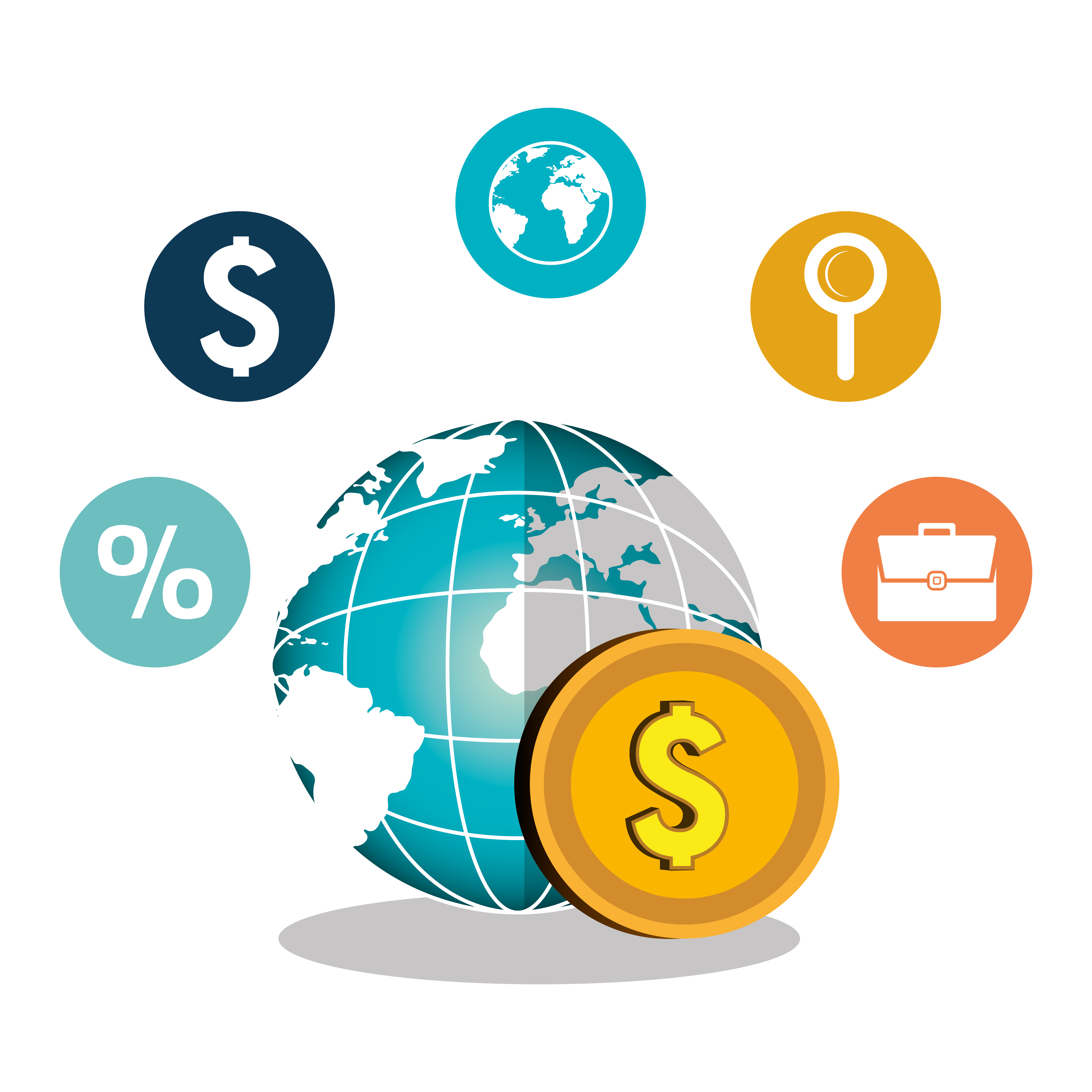The current global financial systems have faced sustained criticism for their built-in biases and inequalities, and this is notably evident in the considerable disadvantages experienced by African nations. Despite the continent’s abundant resources and growth potential, it grapples with persistent systemic challenges impeding economic progress. Against the backdrop of climate change and the rise of green funds and sustainable finance, a critical question arises: how is Africa factored into the allocation of these financial resources, and what measures are in place to facilitate access to funds?
Historical Context
To understand the current predicament, we must first acknowledge the historical context of Africa’s relationship with global finance. Centuries of colonialism, exploitation, and the legacy of the transatlantic slave trade have left a profound impact on the continent’s economic landscape. The exploitation of Africa’s resources and labor for the benefit of Western powers laid the foundation for many of the economic disparities we see today.
Debt Burden
One of the most pressing issues facing African nations is the overwhelming debt burden they carry. While debt is a common tool for financing development, African countries often find themselves in a vicious cycle of borrowing and repayment that inhibits their progress. Much of this debt is the result of loans offered by international financial institutions, which come with stringent conditions and high-interest rates.
Africa frequently faces challenges when repaying these loans, as their economies are vulnerable to external shocks, commodity price fluctuations, and other factors beyond their control. These debt servicing obligations often divert significant resources away from essential public services, such as healthcare and education, perpetuating a cycle of poverty and underdevelopment.
Trade Imbalances
Another significant issue is the skewed nature of global trade, which disproportionately affects African nations. The international trading system often favors developed economies, making it difficult for African countries to compete on a level playing field. High trade barriers, protectionist policies, and unequal access to global markets hinder African nations from fully exploiting their comparative advantages.
Furthermore, Africa’s reliance on exporting raw materials and importing processed goods makes its economies susceptible to price fluctuations in global markets. This dependence limits their ability to add value to their exports, perpetuating the cycle of poverty and inequality.
Lack of Representation
African countries often find themselves underrepresented in international financial institutions, such as the International Monetary Fund (IMF) and the World Bank. These institutions play a crucial role in shaping global economic policies and providing financial assistance to countries in need. However, the voting power and decision-making influence of African nations in these institutions are often limited, preventing them from shaping policies that directly impact their economic well-being.
Corruption and Illicit Financial Flows
Corruption and illicit financial flows are rampant issues in many African countries, siphoning off vast sums of money that could be used for development. However, it’s essential to recognize that these problems often intersect with the global financing system. Weak regulatory mechanisms and loopholes in the global financial system make it easier for corrupt officials and businesses to hide ill-gotten gains in offshore tax havens.
Access to sustainable funding
Recent conversations led by visionary African leaders like Kenya’s Honourable President William Ruto have courageously exposed the glaring inequities embedded within the global financing systems. These leaders, standing at the helm of nations with immense potential, are demanding a fairer future for their people. They raise their voices not just as leaders but as champions of justice.
Various initiatives and financial mechanisms have been established to address the challenges faced by African nations in the realm of climate change and sustainable development. The Green Climate Fund (GCF), operating under the United Nations Framework Convention on Climate Change (UNFCCC), supports developing countries in Africa by providing funding for projects that aim to mitigate and adapt to climate change impacts. The African Development Bank (AfDB) is a key financial institution dedicated to fostering economic and social development on the continent, offering crucial support for projects related to renewable energy, infrastructure, and climate resilience. The Global Environment Facility (GEF) contributes through grants and concessional funds, benefiting African countries in addressing environmental issues like biodiversity, climate change, and land degradation. Additionally, international cooperation and partnerships are evolving to provide financial assistance and technical expertise, while debt relief initiatives are being explored to alleviate the financial burdens on African countries, freeing up resources for sustainable development projects. Despite these commendable efforts, challenges persist, with concerns about the adequacy of fund distribution, alignment of access criteria with the unique needs of African nations, and issues related to transparency and governance in achieving sustainable development goals.
The path forward is not without its challenges, but it is one paved with resilience, determination, and the unshakable belief that Africa’s rightful place on the global stage must be one of equality and prosperity



